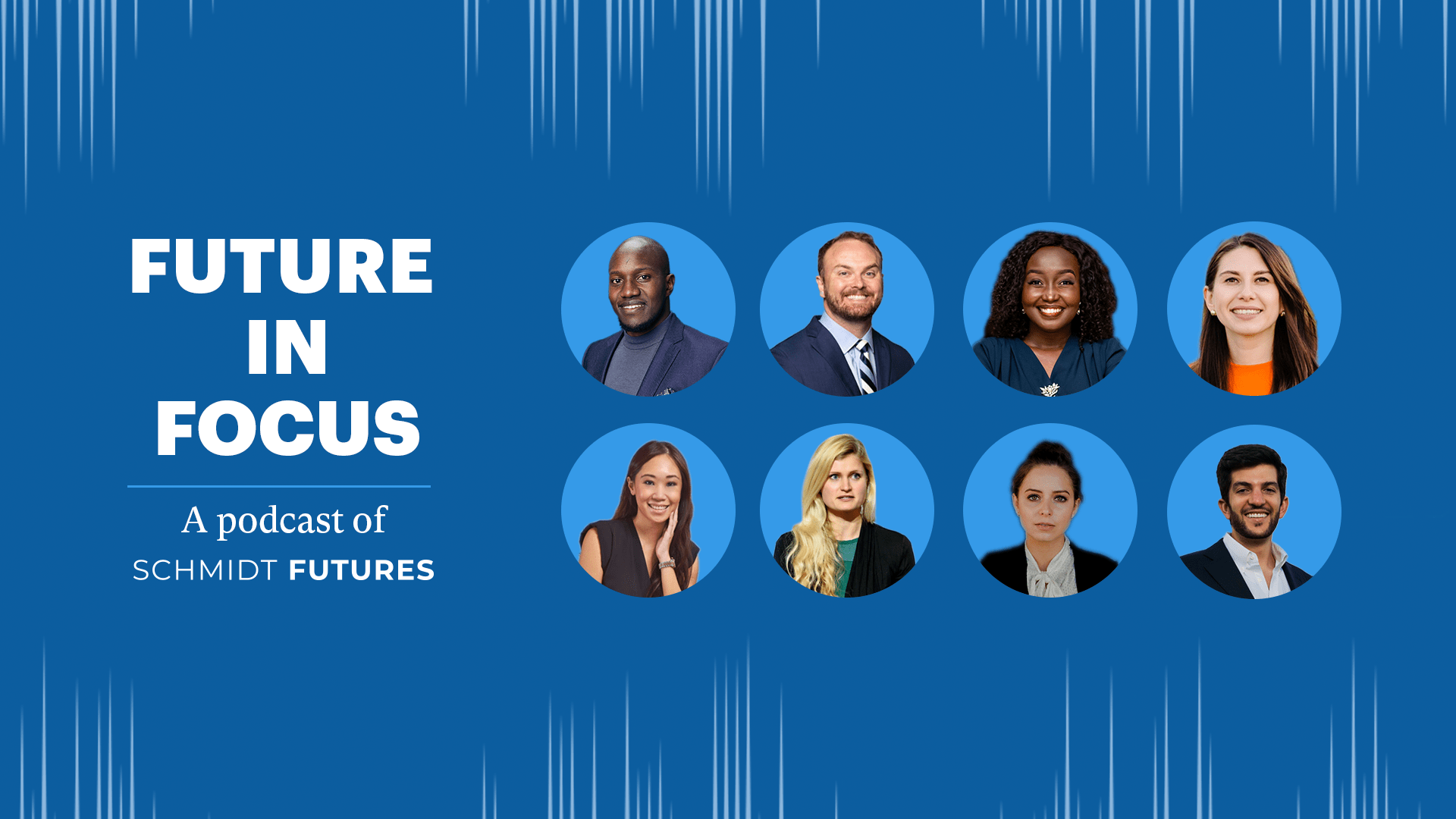
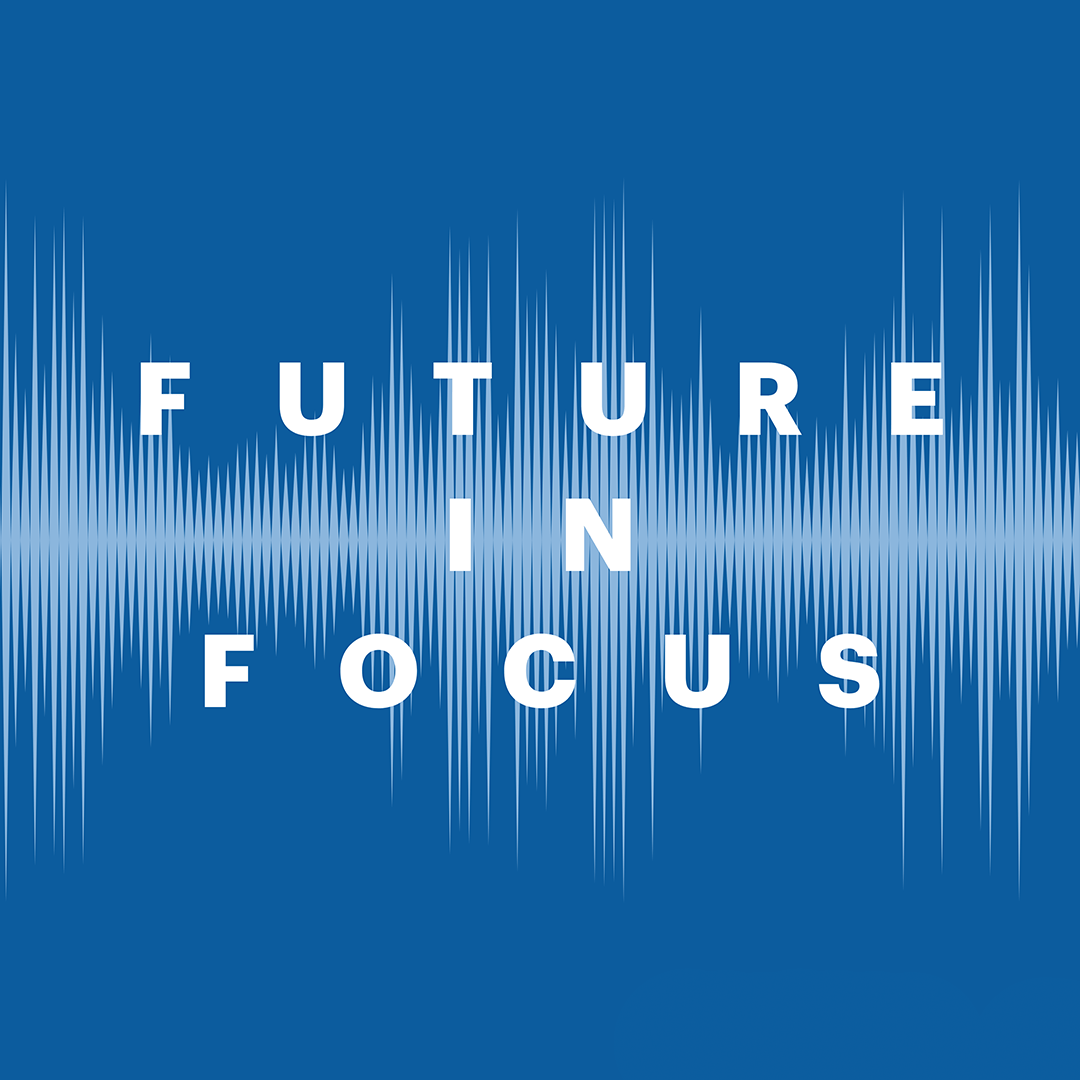
The world is changing. We can build a better future together.
Future in Focus is a podcast from Schmidt Futures, a philanthropic initiative founded by Eric and Wendy Schmidt. On this podcast, we engage with brilliant people who are tackling hard problems in science and society. Our guests hail from across Schmidt Futures’ global network of talent, including well-known experts and next-generation leaders. The answers to the world’s toughest challenges already exist in the imaginations of the world’s brightest minds. We’re making it our mission to find them and bring them together.
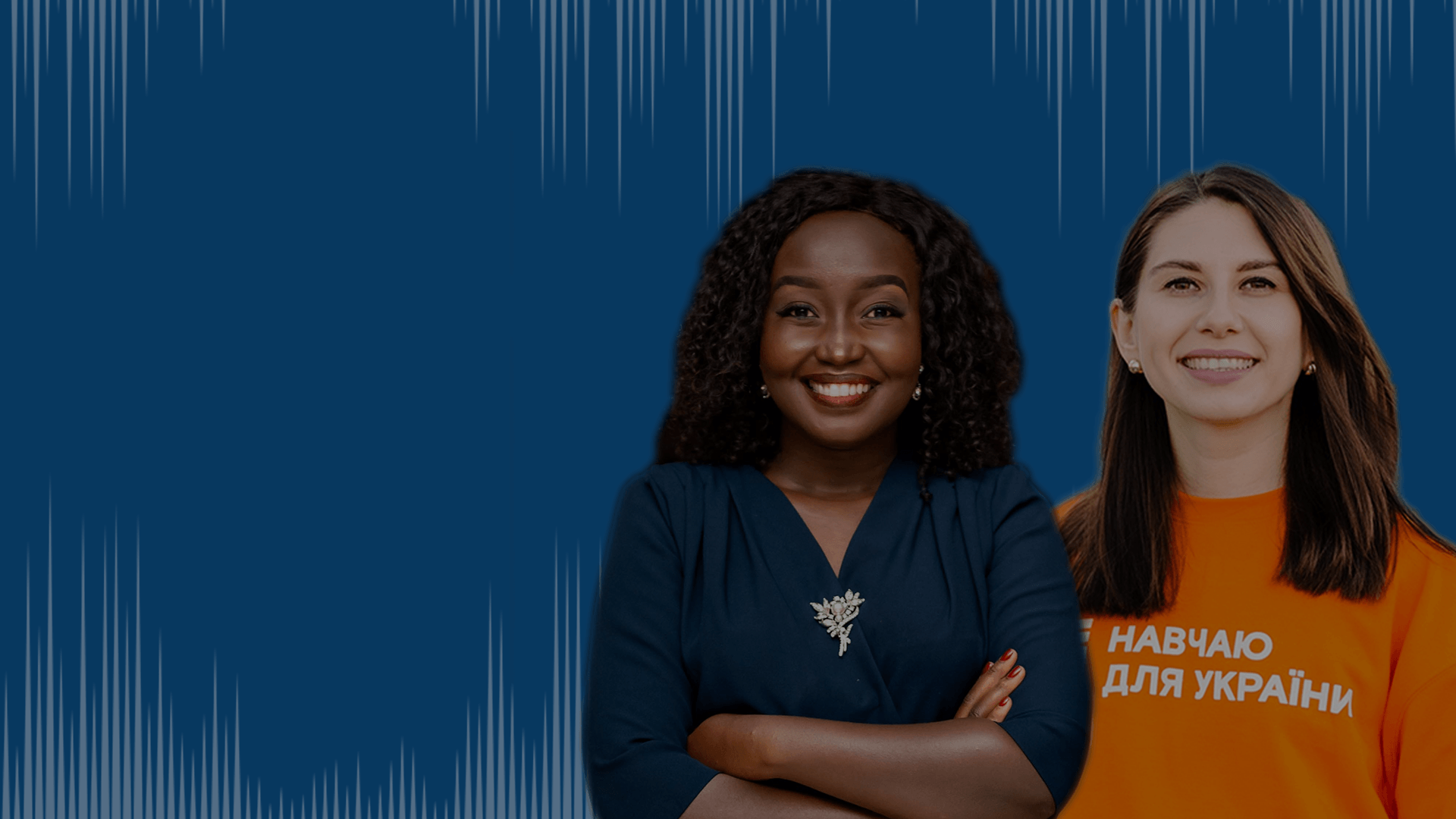
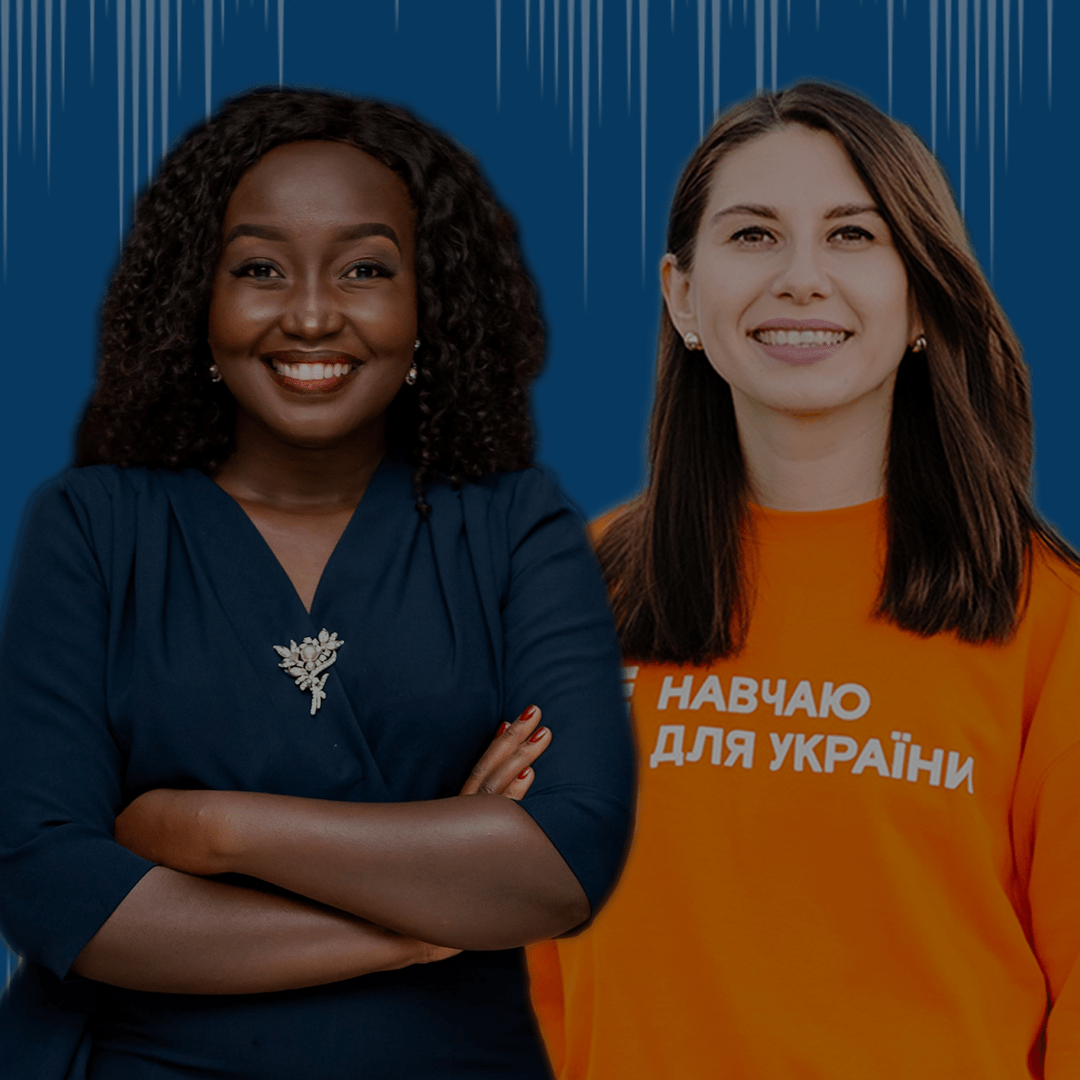
Civic Engagement & Democratic Resilience
Inside the Episode
Ukraine and South Sudan: What can civil-society leaders from two different countries teach us about overcoming challenges in some of the most difficult parts of the world? In this episode, Esther Soma, a policy and gender expert from South Sudan, and Oksana Matiyash, the CEO of Teach for Ukraine, discuss their countries’ histories and creative ways that South Sudanese are working for a better future in a country that routinely ranks as one of the least free in the world and how Ukrainians are demonstrating democracy’s strength in the face of Russia’s war of aggression.
Key takeaways:
- Investing in youth and education is key to building a better future
- Crises can create opportunities for creativity and innovation
- To build a lasting peace, civil society needs a seat at the table
Guest Perspectives
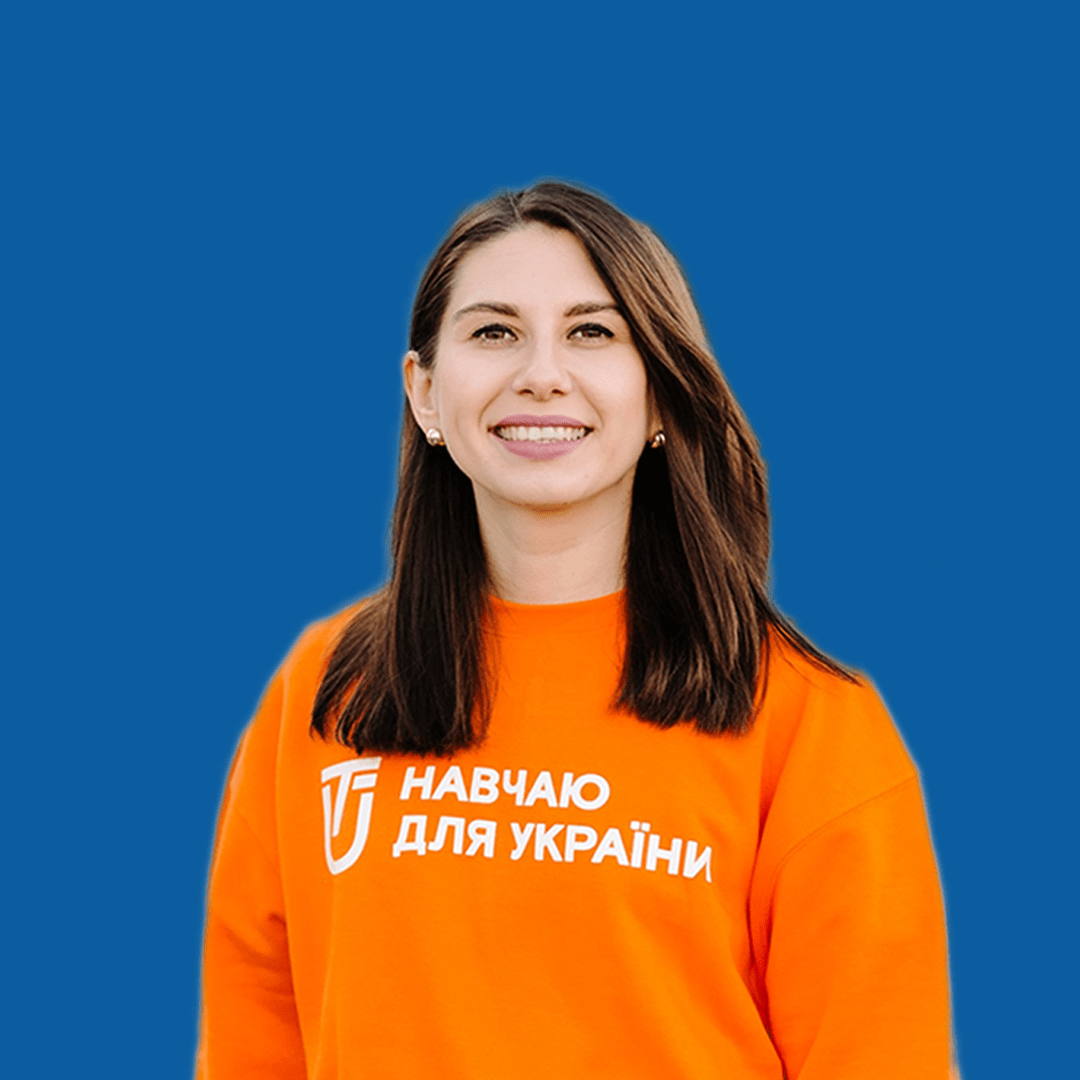
“I think I’ve been privileged and fortunate to be able to work on something that is crucial and important as education during the war. I am 100% convinced that education should be continued, especially during the war. It’s about providing the stability, the routines, and the sense of normalcy for children…And I think it’s a fundamental, crucial and strategically important sector for Ukraine’s future prosperity…It’s about the future generations who will be rebuilding the country, and it’s extremely important to give them the sense of purpose right now, to give them the sense that there is a country that cares about them. There is a society that needs them and they will have a very important mission of building the country and bringing back peace, stability, and also being able to implement their own vision.”
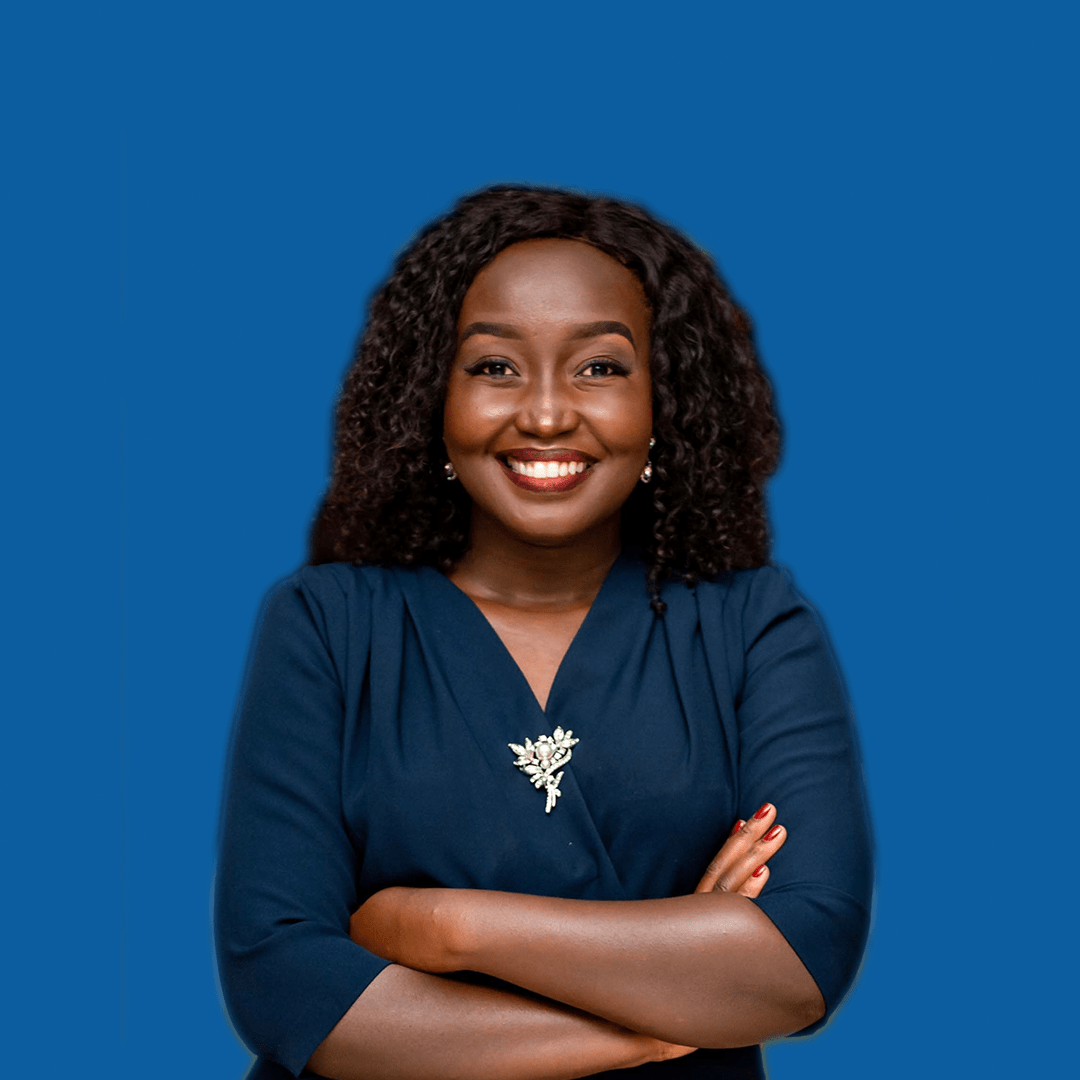
“For a peace agreement to last, you need everyone who’s affected to be able to be at the table. One of the things we learned is that for women to be effectively included, the peace agreement must provide an opportunity for women’s issues to come to the forefront.”
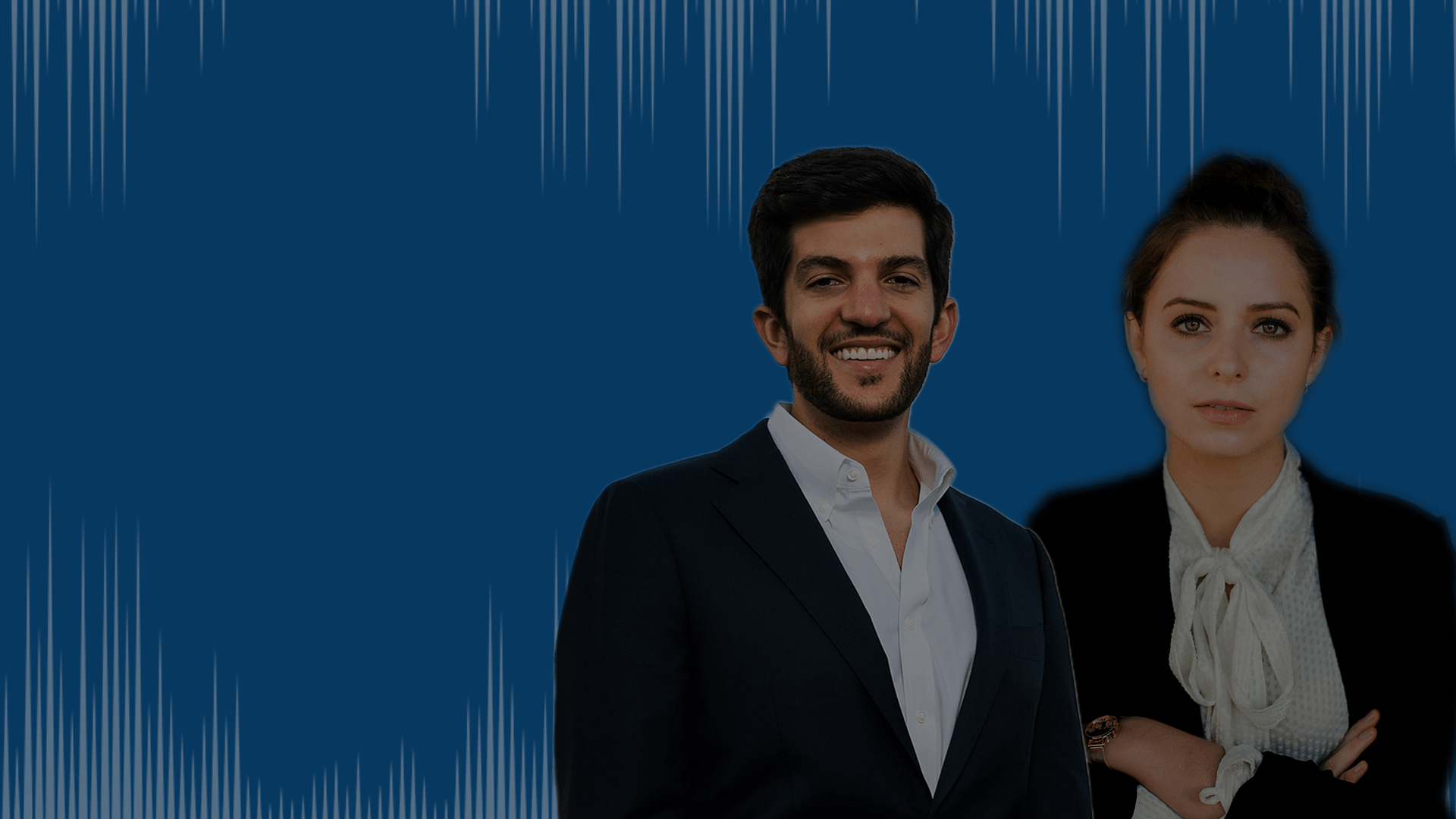
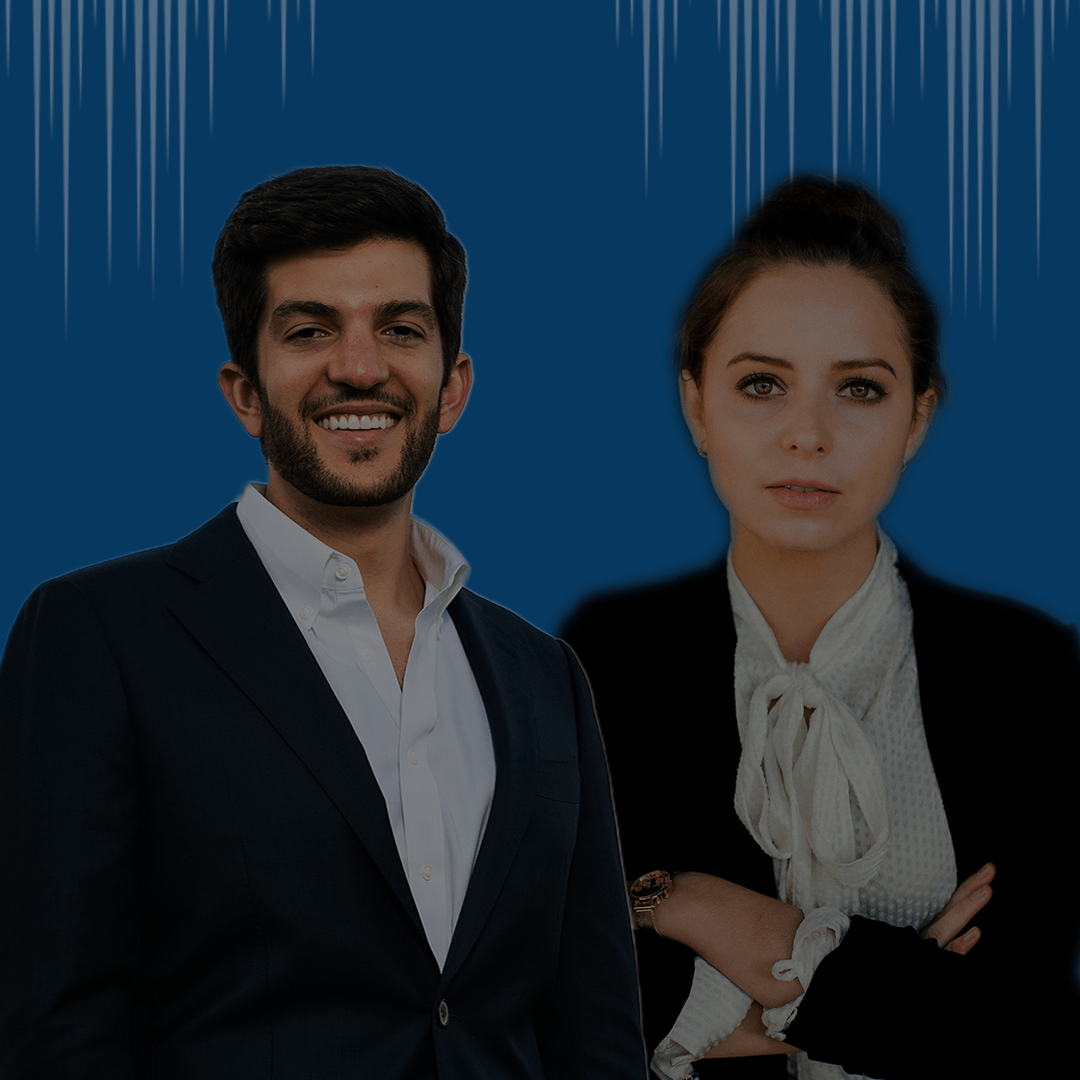
Emerging Technologies
Inside the Episode
Technology is changing our world every day. How are leaders from the private and public sectors thinking about critical and emerging technologies like artificial intelligence, quantum computing, and more? In this episode, Ilana Wisby, the CEO of Oxford Quantum Circuits, based in the United Kingdom, and Geo Saba, the chief of staff for Representative Ro Khanna, from Silicon Valley, discuss their perspectives from the boardroom to the halls of Congress, and what it will take to ensure that new technologies are a force for good.
Key takeaways
- Critical and emerging technologies are transforming our world today
- The public and private sectors need to work together to realize technology’s potential and to mitigate risks
- Democratic cooperation is the key to building a better world
Guest Perspectives
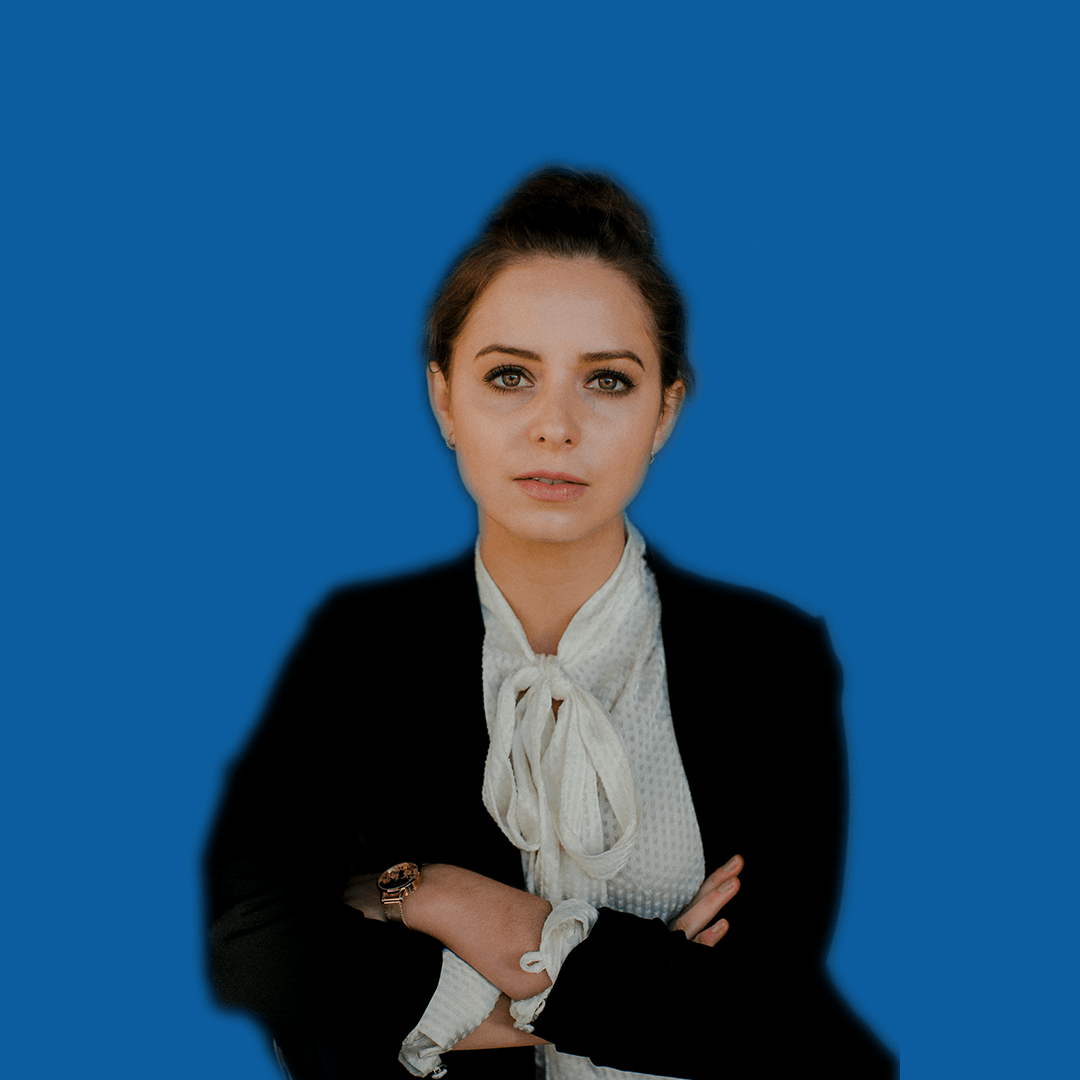
“I strongly believe that we need to build high-performance companies, the best world-class companies, not just world-class technology. And we can do that through creating emotional climates. Leadership is just creating an emotional climate that stems from either love or fear. And both are powerful. But you see, I choose love. And it’s an incredible mantra and incredible way to lead. And I would love to see government lead with love rather than fear.”
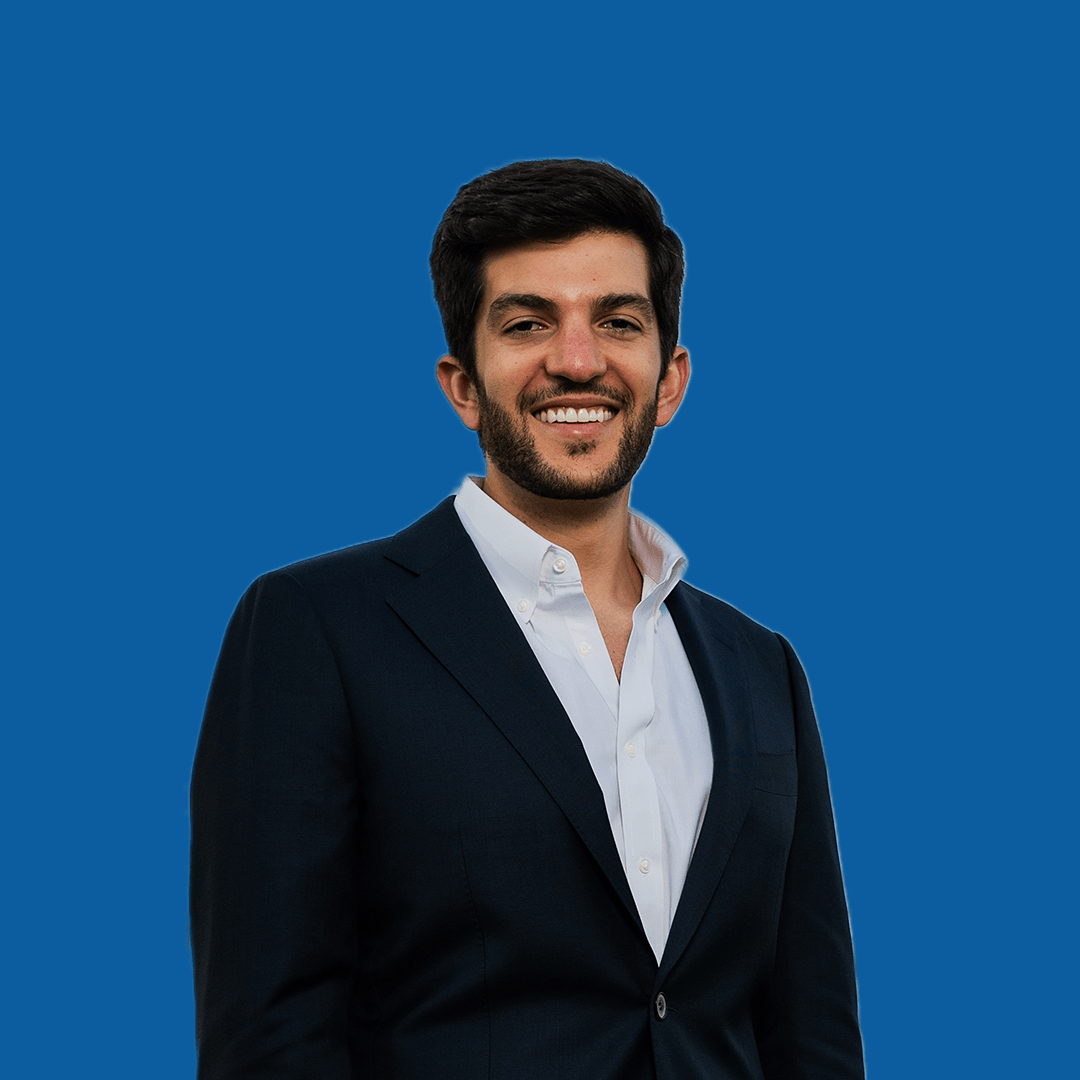
“The types of leaders that I admire, are willing to listen to others. [Those who] take a stand on an issue before it’s an issue. So it’s particularly with these emerging technologies, [I admire leaders] who can see this is where things are headed.”
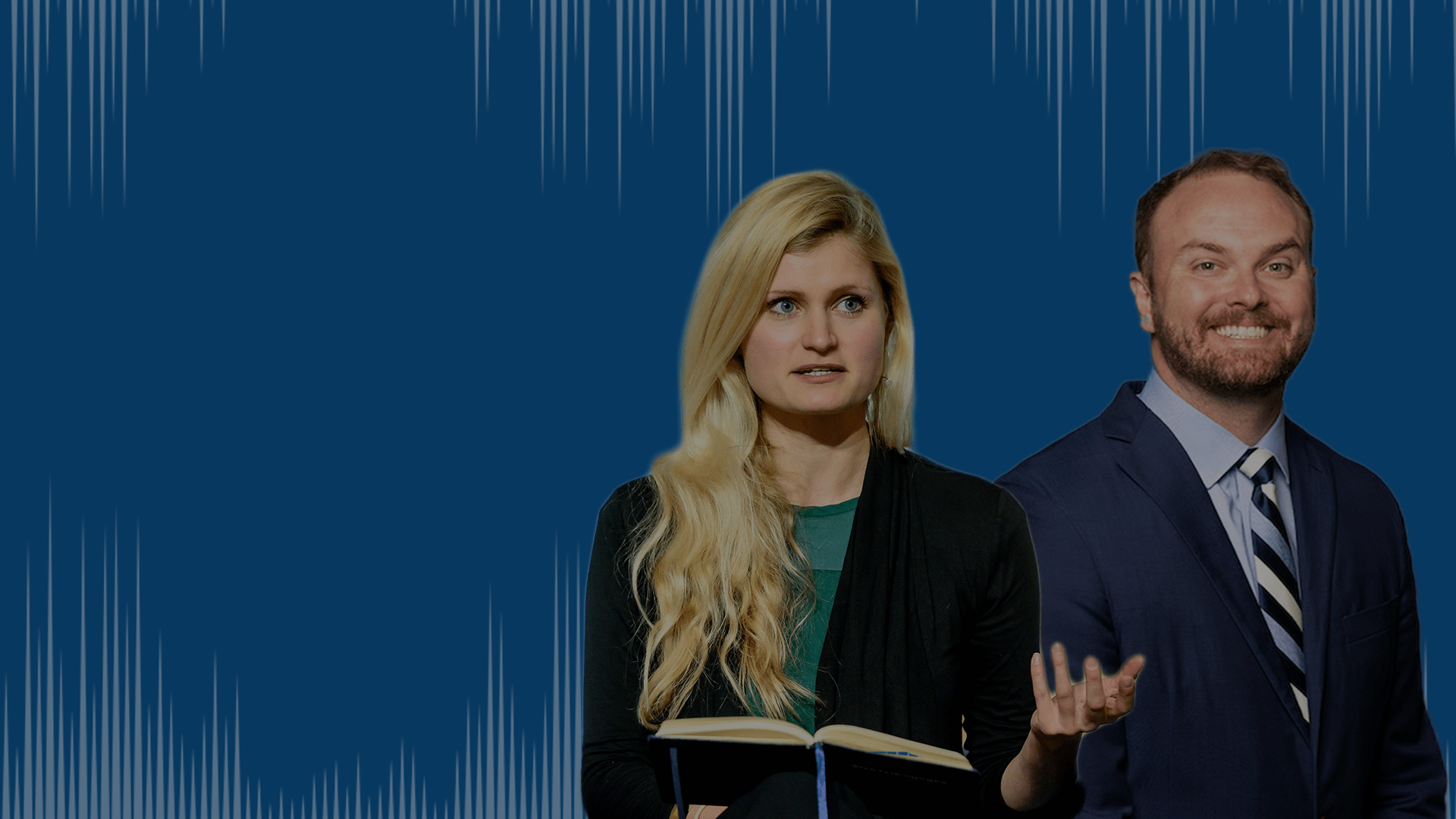
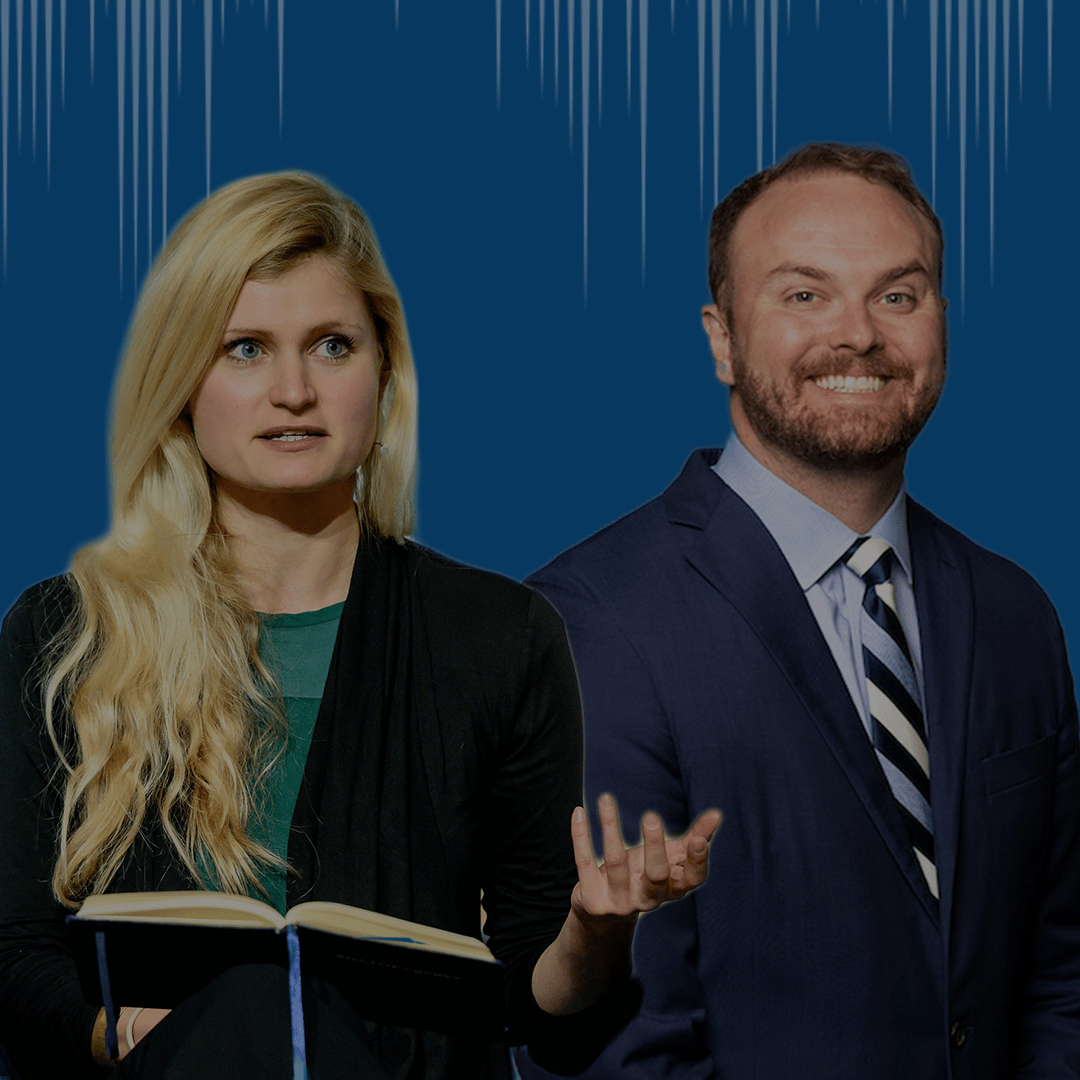
Security & Defense
Inside the Episode
Conflict in Europe, great-power competition in the Indo-Pacific, the emergence of critical and emerging technologies, and tensions around the world make today’s geopolitical environment more dangerous than at any time since the Cold War. How are democracies navigating these challenges to their security and defense? In this episode, Ulrike Franke, a Senior Policy Fellow at the European Council on Foreign Relations, and David Rader, the former Deputy Director of the Office of Global Investment Review at the U.S. Department of Defense, discuss the views from Washington and Berlin and how democratic leaders can work together to secure their interest and values in the 21st century.
Key takeaways
- The international security environment has transformed over the last five years
- Democracies are facing critical challenges and opportunities in adopting new technologies in their defense and security strategies
- Private sector innovation has a role in protecting the public good
Guest Perspectives
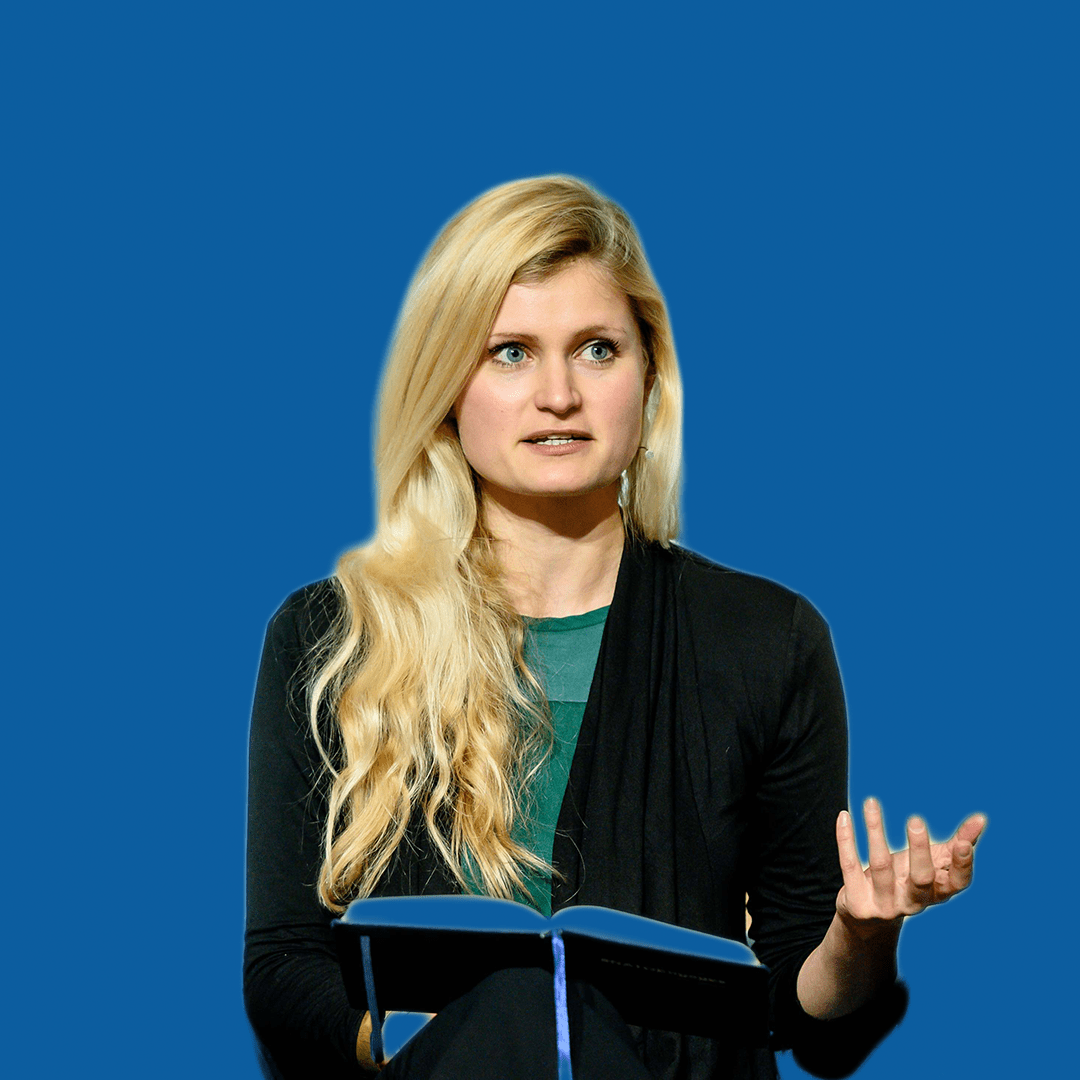
“I think we are getting things right, where we focus more on cooperation between partners and allies, the U.S.-EU Trade and Technology Council (TTC), and efforts like that. But I think we need to be careful not to go too broad and too large, because I think these corporations will only work and lead to something substantial if there is a lot of trust, and trust the usually means a small group of really like minded people. Not just a group of people that pretend to be like minded but aren’t really.”
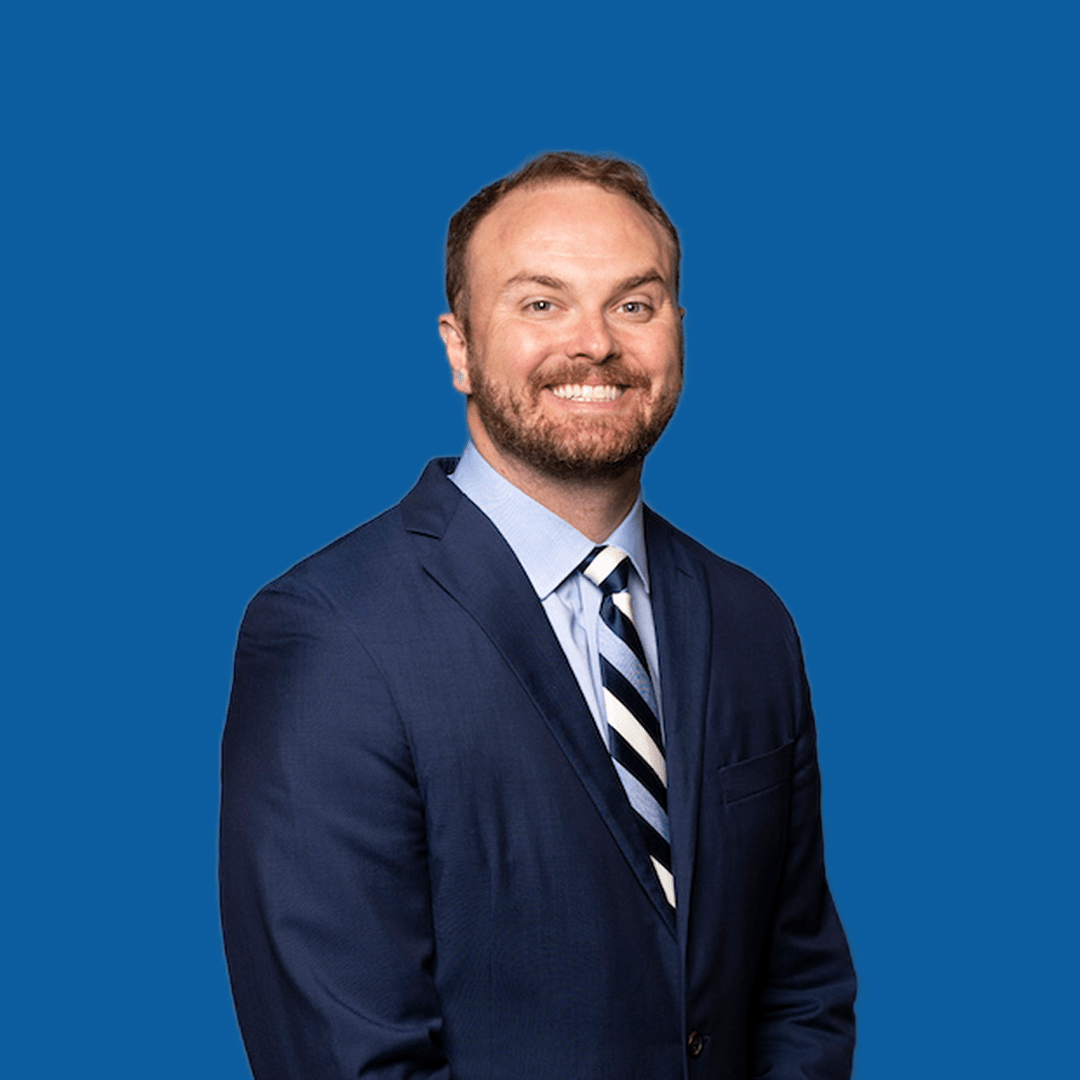
“Today, I cannot tell you what we’re going to need. That’s why we have to be very creative and adaptive, and more flexible. Because if you start today planning these 30- or 50-year acquisition pathways, you’re not going to get it right. The world just moves too differently. You base it off what you have today, and that handcuffs a lot of our innovation and development.”
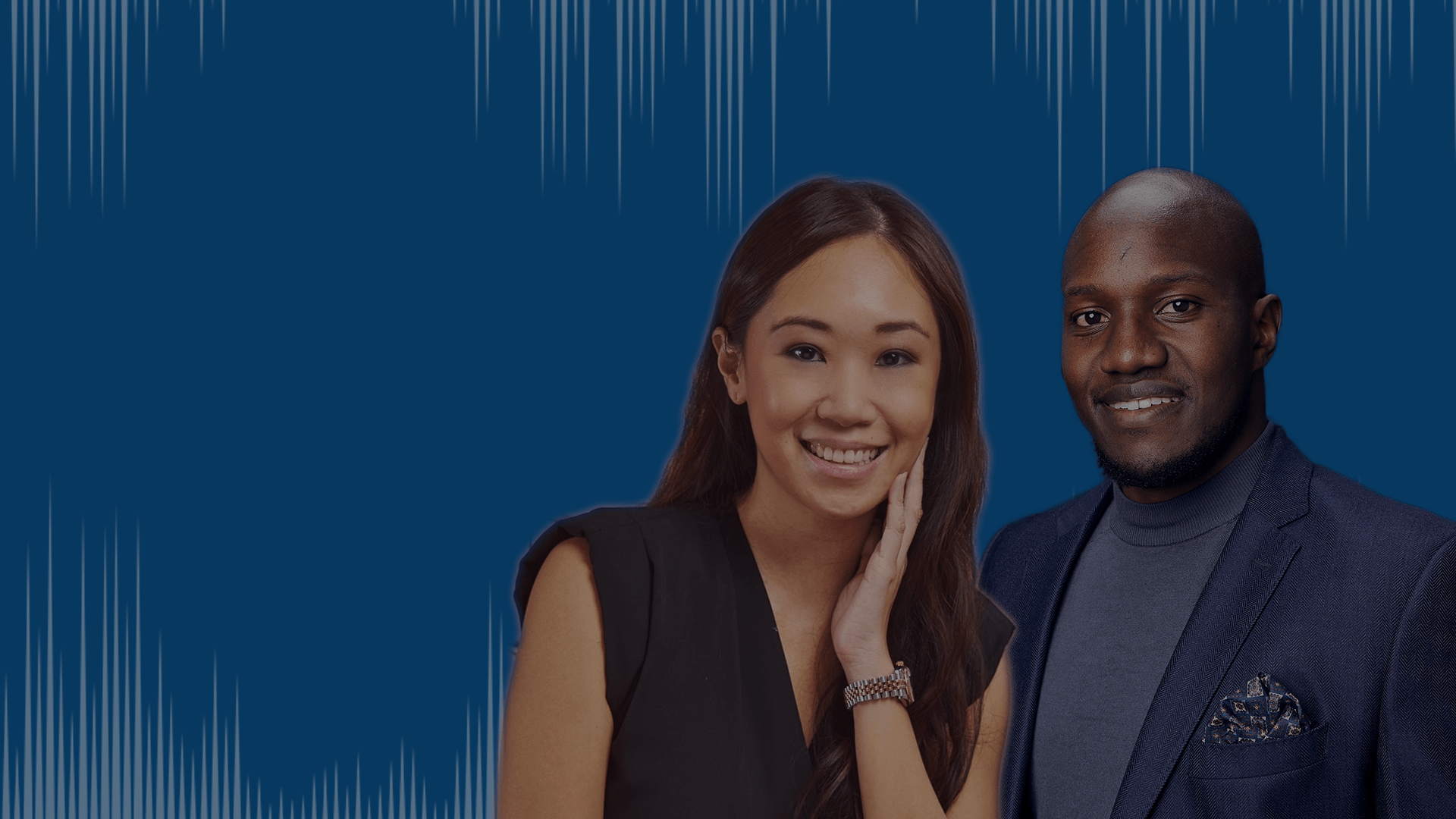
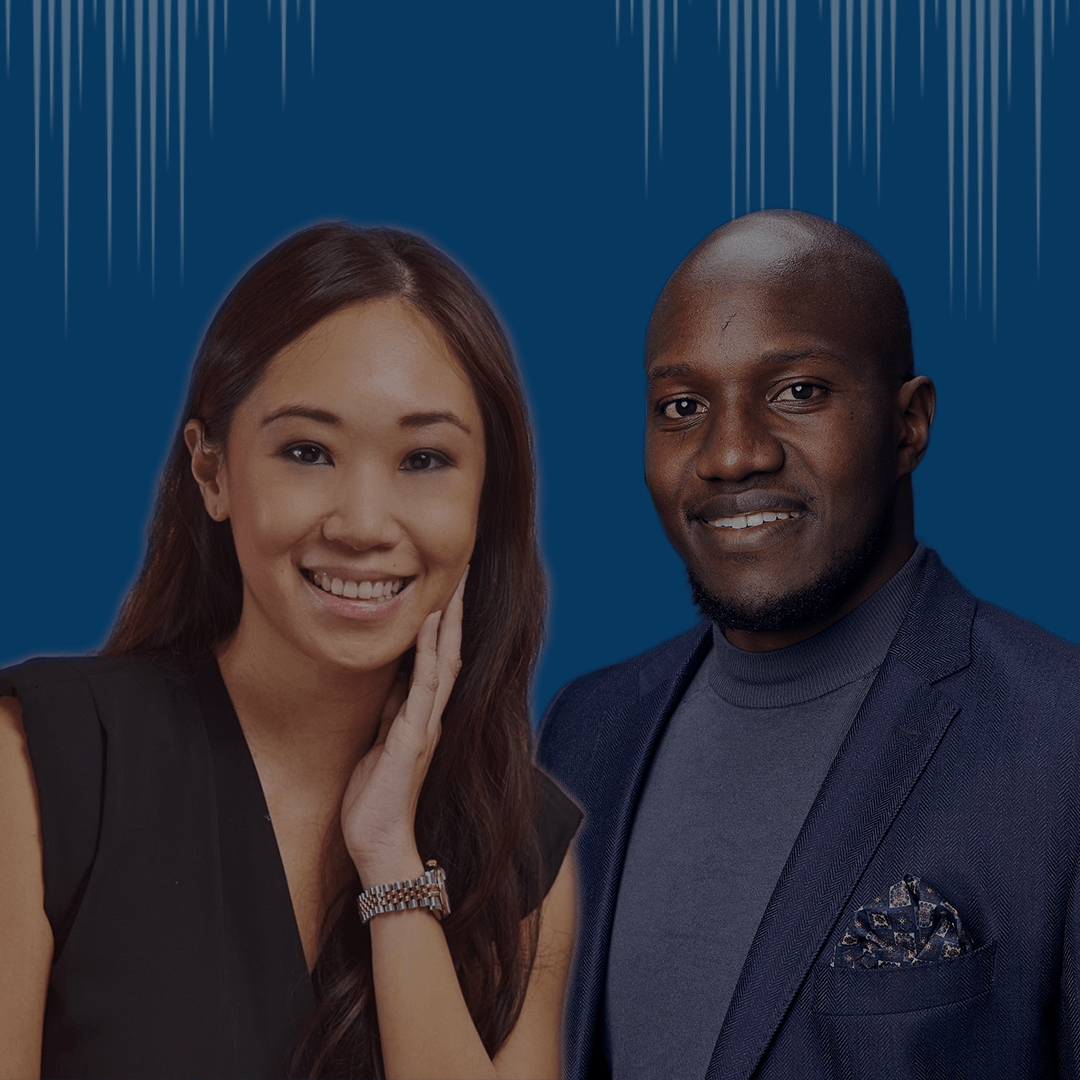
Innovation & Entrepreneurship
Inside the Episode
How are business leaders thinking about solving hard problems and scaling their companies in an era of geopolitical competition and economic uncertainty? In this episode, Kimberly Yao, a Chinese-Filipino entrepreneur and the Co-Founder and CEO of CloudEats, and Melvyn Lubega, the founder of South Africa’s first unicorn, Go1, discuss what it’s like to build and grow new businesses, and how they’re thinking about the challenges and opportunities of today’s new technologies and tense international dynamics.
Key takeaways:
- The solutions to some of our hardest problems will be found in the minds of great entrepreneurs
- Emerging markets are creating some of the most exciting opportunities for entrepreneurship and innovation
- To succeed in a changing world, business leaders need to grapple with geopolitics
Guest Perspectives
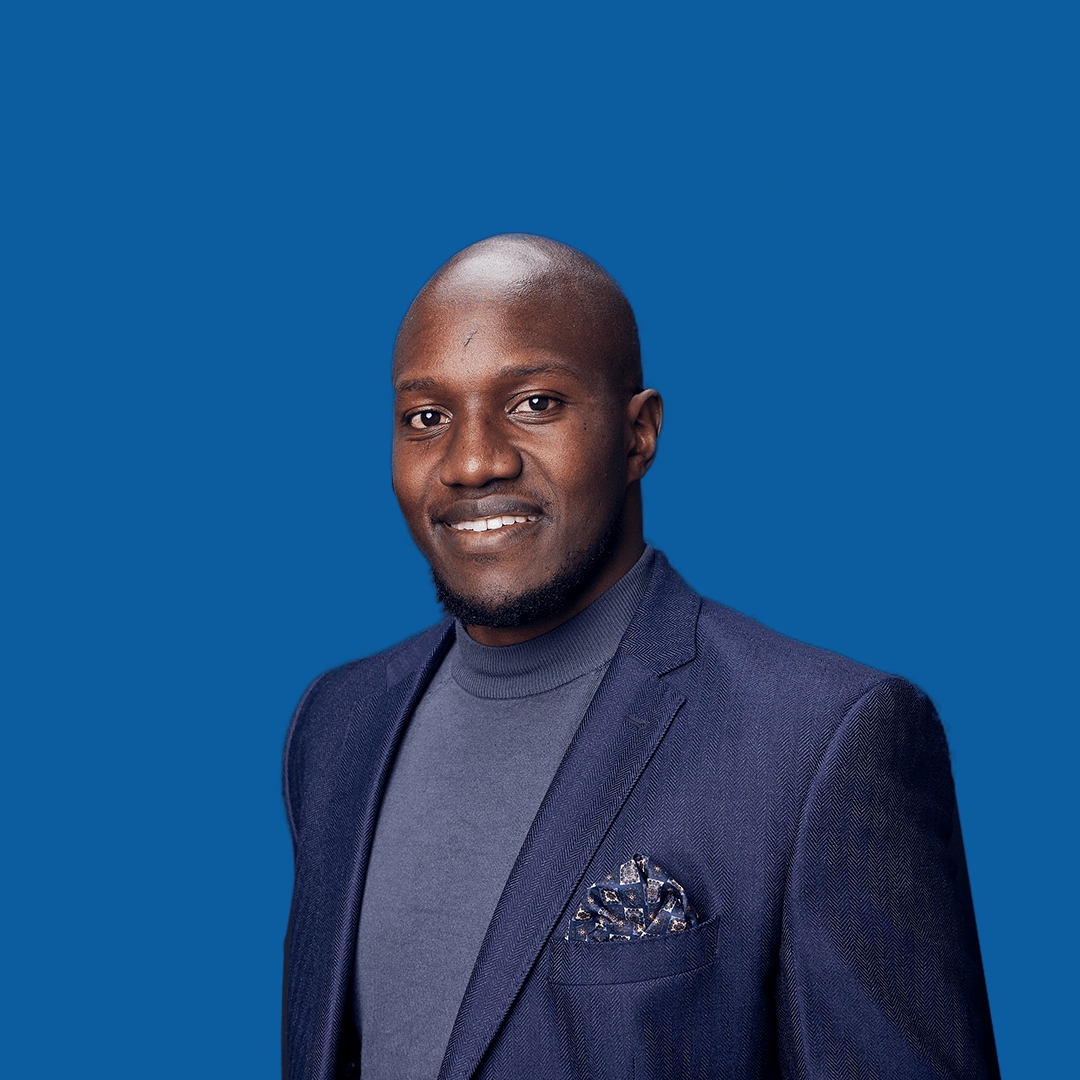
“I find in emerging markets, and even more so in Africa, that the opportunity lies where the biggest problems exist: where the biggest opportunities are to capture that value and create solutions. I get excited about people solving really big problems, and in our continent there are so many, literally basics…education, healthcare, food. From that perspective, how do you find the entrepreneurs or the jockeys that have the ambition and audacity to solve those problems?”

“What makes me very optimistic is how technology can come in and completely drive innovation and change in these markets. But what also worries me, is that if the technology that is brought in has a high learning curve, people are scared of it, or people don’t want to change how they’re doing things. All tech is so overwhelming, it’s intimidating, and then it also doesn’t help to drive change. I think it’s both optimistic for me that tech is coming in, but it’s also worrisome.”
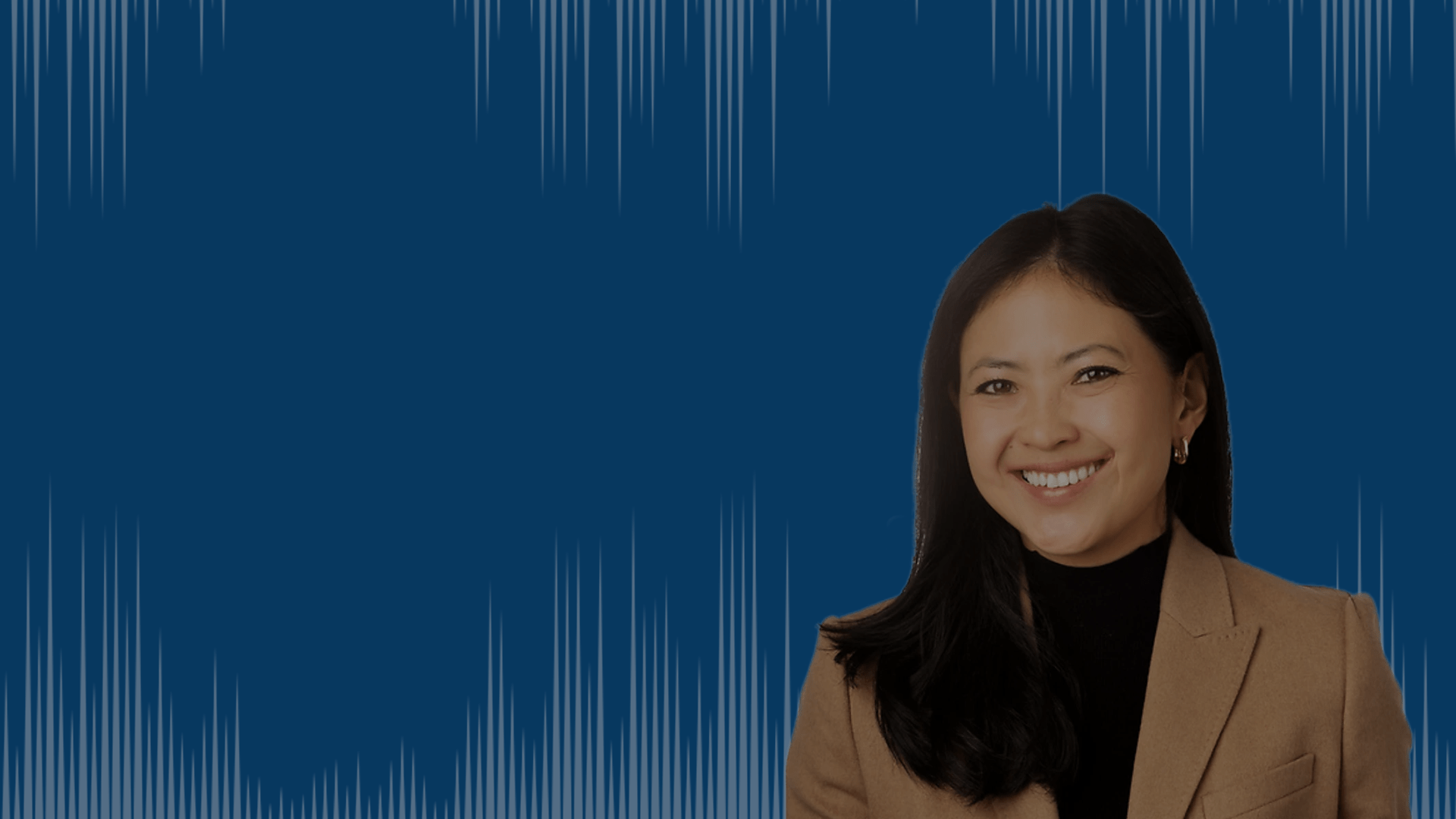
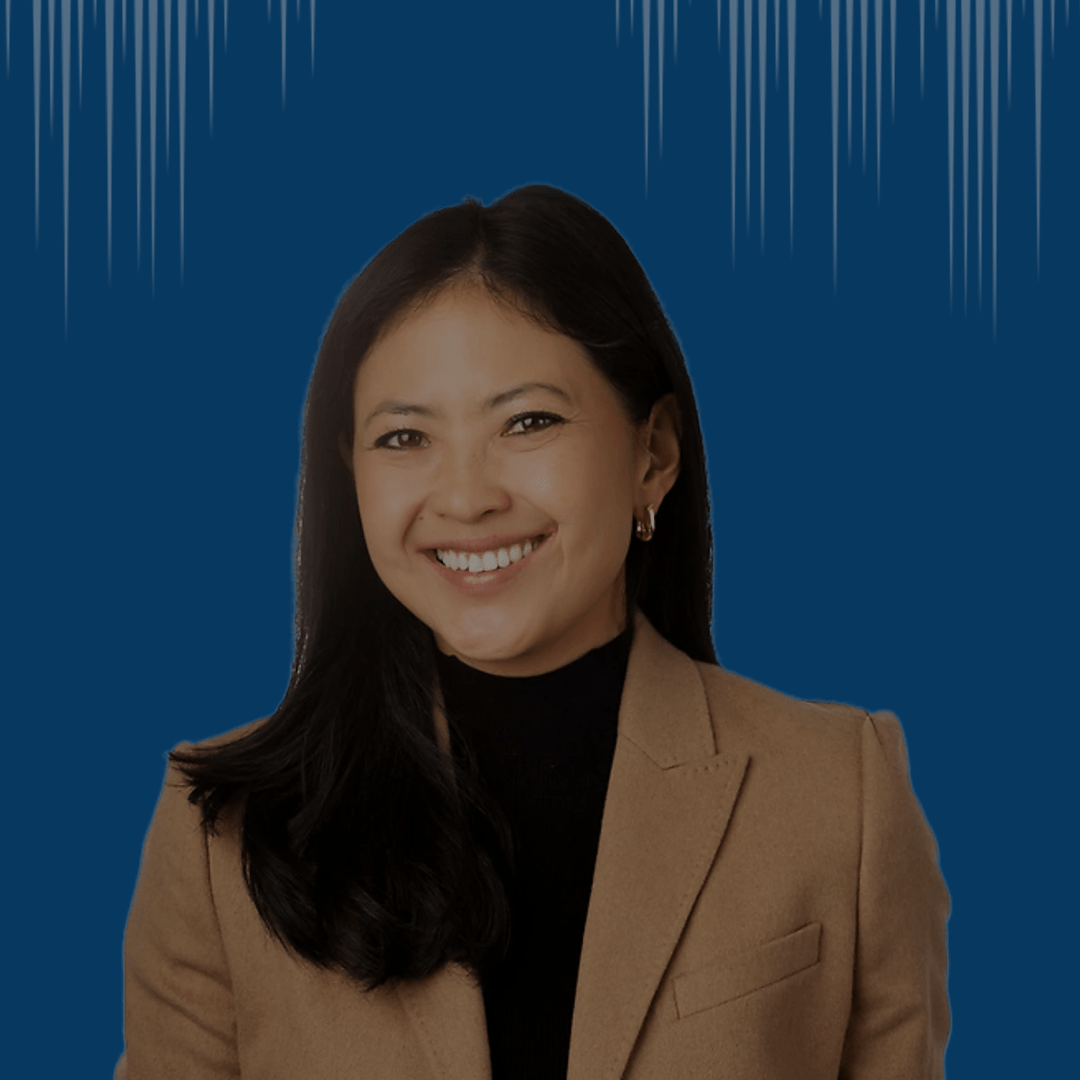
International Strategy Forum in Focus
ISF in Focus
The International Strategy Forum, a program of Schmidt Futures, bets early on the next generation of problem solvers with extraordinary potential in geopolitics, innovation, and public leadership to strengthen progress and security amid technological innovation and a changing world order. In this episode, ISF Director Helen Zhang introduces the program at its first-ever Global Summit, which brought together 117 rising leaders from North America, Africa, Asia, and Europe. We discuss how ISF and its network of fellows are tackling some of the hardest problems in science, society, and around the world.
Key Takeaways
- The hardest challenges will take a long time to solve, which is why we are bringing together the young leaders of tomorrow today
- Global collaboration is a fundamental aspect to solving these hard problems
- Public-private partnerships is a way we can insure tech is used for good
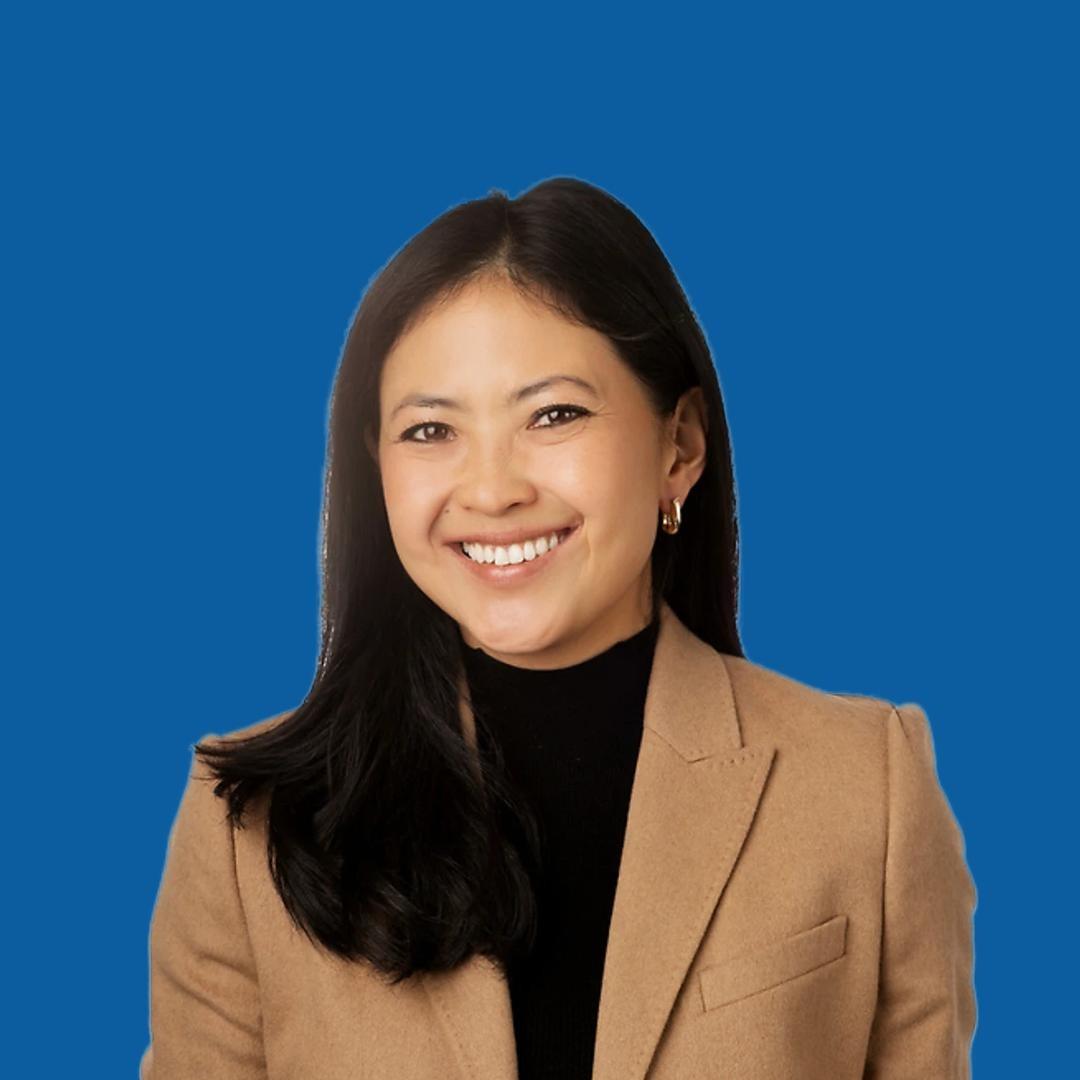
“I think with the gaze on 2050, I’m both optimistic and pessimistic about the same thing. And what I mean by that is public-private partnerships, particularly with dual-use technology, so we can have technology that can be used for good. And that can allow humanity to work together across borders, across issues, across sectors. At the same time that same technology can be adopted for nefarious uses.”
